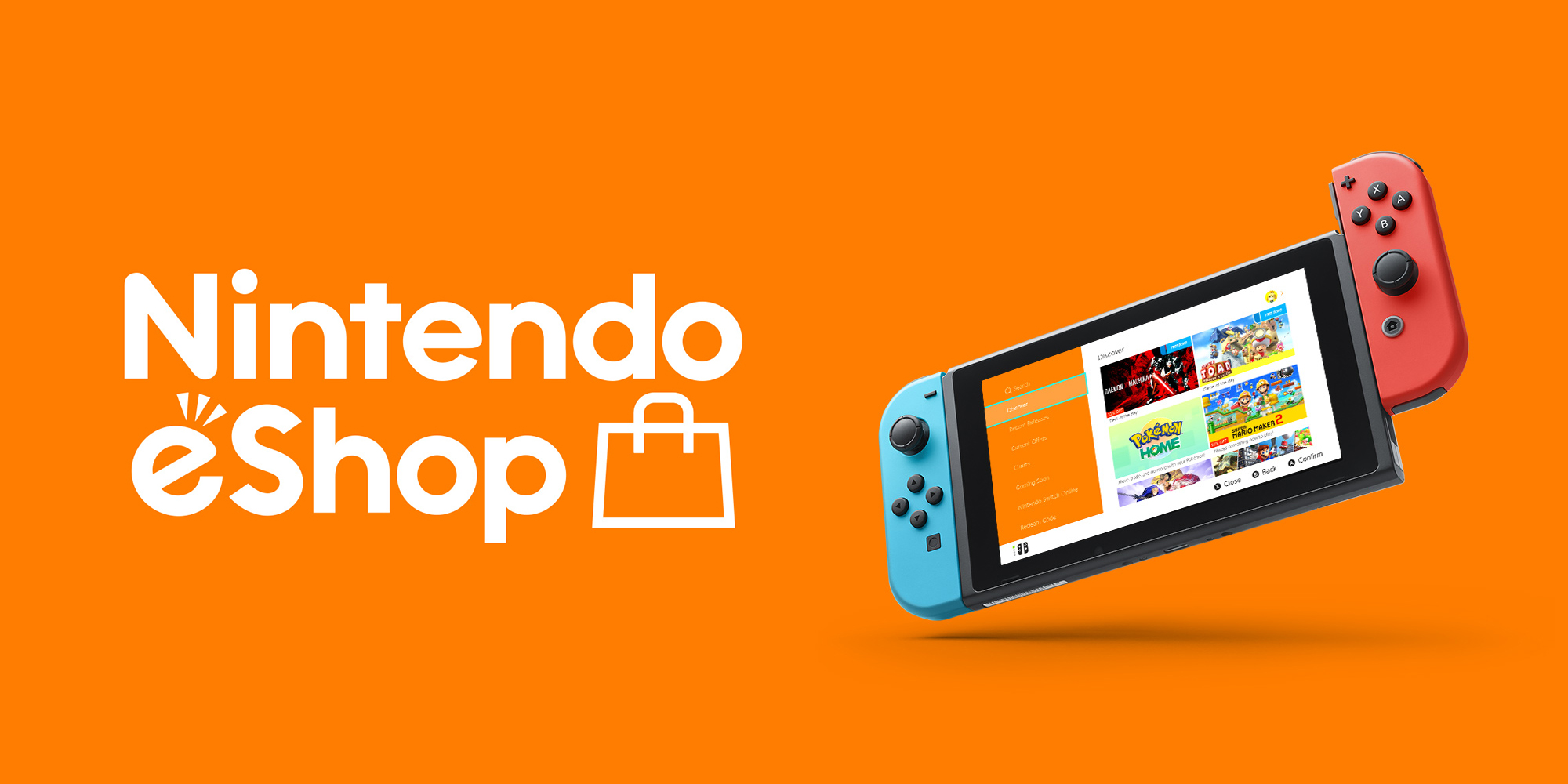Nintendo Addresses Regional Pricing Abuse, Now Only Allows Local Currency Cards in eShop

Digital game distributors often adjust their prices in specific regions to align with the local buying power of consumers. However, some people from countries with stronger currencies may exploit these regional pricing differences, taking advantage of the lower costs available in other regions.
This is what’s been happening within the Nintendo eShop, where the company has noticed that there was a sharp increase in purchases from some regions, specifically Argentina, mostly via cards from other countries. This, in turn can create a dilemma for distributors, since they’ll now have to strike a balance between affordability and fairness in the market.
Due to this, Nintendo has updated it’s policy of only allowing a region’s own cards to be used in the eShop. This means that anyone who was previously looking for an ‘easy way’ into buying cheap games will not be able to do so now.
It’s possible that Nintendo likely took this step to prevent money from slipping through this loophole, which could potentially harm the company’s finances. We have seen similar things happen with games on Steam, where users have exploited regional pricing differences to buy games at a lower price than they would be able to in their own country.
At the time of this writing, Nintendo has not made a public statement about this policy change, but there is a possibility that the company is concerned about some of the lost revenue. This is because when users in other countries buy games from the Argentinian eShop, Nintendo does not receive the full retail price for those games, which in turn, can put them at a loss.
By making a full-fledge announcement, it is possible that some users, who had their mind set on buying a particular title might back off.
Keep in mind that the policy only applies to digital purchases. You can still purchase physical games from retailers in any country, but will it really be worth the trip for this specific purpose? Also, any games that a user has already purchased will not be affected by this change. It will only be applicable to future purchases.
This is all we know for now, but rest assured that we will keep you updated as new information becomes available.





